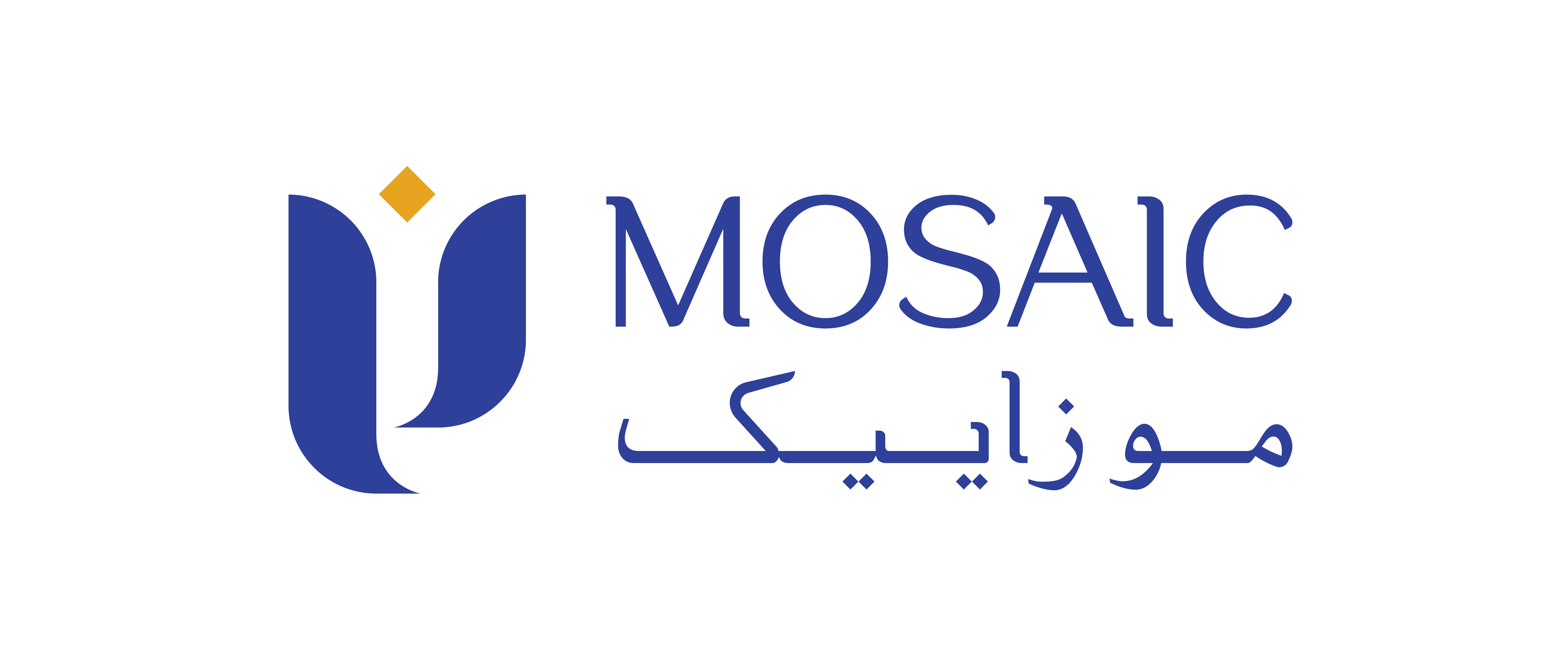Civil society’s efforts to challenge the legitimacy of the Taliban in Afghanistan
The people of Afghanistan have been resilient in the face of the Taliban’s illegitimate rule and human rights abuses. Despite attempts by the Taliban to suppress civil society and dissent, the people have continued to challenge the regime’s authority. Civil society, including women and human rights activists, have been able to expose the Taliban’s crimes to the international community. The UK and US government have taken steps to engage with civil society and amplify their voices in shaping policy for the country. However, more needs to be done to ensure a platform for consultation and impactful engagement for a diverse range of voices to secure a better future for Afghanistan.
Introducing a brand new collection of videos
The Tony Blair Institute has created a new video collection that features members of civil society living inside and outside of Afghanistan. These individuals share their experiences of the Taliban takeover, their lives under the regime, and their hopes for an alternative future. The collection includes perspectives from a diverse range of individuals including former government officials, women’s rights activists, and musicians. These videos reveal the shared heartbreak and betrayal of the people of Afghanistan and their common goal to reclaim their country’s future. The identities of some contributors are kept anonymous to protect their safety.
A vital agreement is reached.
A clear understanding has emerged from the submissions, that should guide any future policy on Afghanistan. It is agreed that the Taliban is an illegitimate force, resistance and efforts to define alternatives to the regime have not stopped, despite the flawed Doha agreement of 2020, and that the preservation of democratic values and the protection of fundamental human rights is crucial for the country’s future. The voices featured in the collection highlight that members of Afghanistan’s civil society, who continue to challenge the Taliban in pursuit of a free and democratic country, urgently need greater engagement and support from Western politicians and policymakers. It’s important to note that the majority of the country’s population is under 30, these generations have grown up during a time of democratic process, increased freedoms, gender equality in education, and a growing civil society. For Afghanistan’s millennial generation, the values that may be described as “Western” are in fact their own. Therefore, it’s imperative that Western governments engage with Afghanistan’s civil society, give a platform to their voices, and support their efforts towards modernization.
Depicting the diversity of groups
Ensuring that all communities are represented is critical to any effective civil-society dialogue. To accurately reflect Afghanistan’s multi-ethnic, diverse character, the Tony Blair Institute has made an effort to involve as many different groups of the population as possible. By bringing together members from various ethnic and religious communities, we aim to provide a comprehensive representation of Afghanistan’s civil society. This is crucial because for Western policymakers to truly understand the complexities of Afghanistan, they must be willing to learn about its diverse ethnic makeup. Despite 20 years of engagement in the country, there is still much for the West to learn about the intricate societal dynamics of Afghanistan. Therefore, meaningful exchange and dialogue today must be sensitive to past misrepresentations and oversimplifications of the ethnic, tribal, and religious differences in the country. These issues are key to finding a path to peace for Afghanistan.
Actual conditions in the field
Many in the West are still misled by Taliban propaganda, which claims that those who call for modernization are only from cities and do not represent the majority of rural Afghanistan. However, surveys before the Taliban takeover revealed that only 10% of the population sympathize with the Taliban. Despite the notion of a “reformed Taliban 2.0”, the group has violently imposed its oppressive ideology on the entire country. They have used force to dominate the population and suppress opposition to their rule, rather than negotiating with ethnic, religious, and political groups to reach a compromise on the country’s future. Former government officials, members of the national defense and security services, and police personnel have been executed in significant numbers. Non-violent protestors have been injured and killed, women have been threatened, harassed, and assaulted, and many people have fled the country or gone into hiding. The Taliban’s use of force and oppressive tactics are a result of their precarious claims to legitimacy and their extremist interpretation of Islam.
The meaning of representation
The Taliban’s lack of legitimacy and the ongoing instability in Afghanistan stem from the failure of previous peace talks to engage with civil society. The main lesson from the past 20 years is that peace in Afghanistan cannot be achieved without an inclusive approach. Excluding civil society from peace talks, such as the International Conference on Afghanistan in Bonn in 2001 and the Doha talks in 2018, has led to the failure of multiple peace processes. These talks should have included mediating the conflicting interests of religious and ethnic communities within Afghanistan, as well as the competing interests of regional powers. The US administration’s decision to withdraw from Afghanistan was driven by the desire to end the “forever wars”, but the Taliban and its allies believed the Doha agreement gave them an advantage in retaking Afghanistan. The talks should have focused on securing genuine and lasting peace, including an agreement between the US and the Taliban, and involving US mediation between the Taliban and the government of Afghanistan. The Taliban continues to deny the existence of alternative and armed resistance groups and peaceful civil society movements, and it has been proven that Afghanistan is once again harboring terrorist organizations, making it clear that the Taliban cannot be relied upon as a Western ally in counter-terrorism efforts.
The foundation for a successful peace effort
For peace to be achieved in Afghanistan, Western governments must engage with all national and regional stakeholders, including civil society, to put an end to the country’s conflict and instability. Engaging civil society is the first step, followed by engaging religious and ethnic leaders who oppose the Taliban. This will enable a national peace dialogue, which must result in a comprehensive political settlement. This includes addressing underlying internal issues between different communities, such as establishing a decentralized political system that represents all parts of society, as well as security concerns of neighboring countries. However, there are three major challenges in making a national peace dialogue the cornerstone of Western foreign policy in Afghanistan:
- The Taliban, now in control of Afghanistan, does not feel obliged to comply with Western peace initiatives and wants to eliminate resistance groups rather than seek compromise.
- The international community continues to engage with the Taliban instead of members of civil society and resistance groups, emboldening the Taliban.
- There is no evidence from the Taliban’s track record that they are willing to respond positively to peace efforts. Despite these challenges, it is clear that the people of Afghanistan are deeply committed to the ideals of freedom, equality, and democracy and are risking their lives to protect the way of life they knew before the events of August 2021. The resistance movement is just beginning. The Tony Blair Institute is grateful for the support of Mosaic Afghanistan in expanding its network and translating the contributions.



